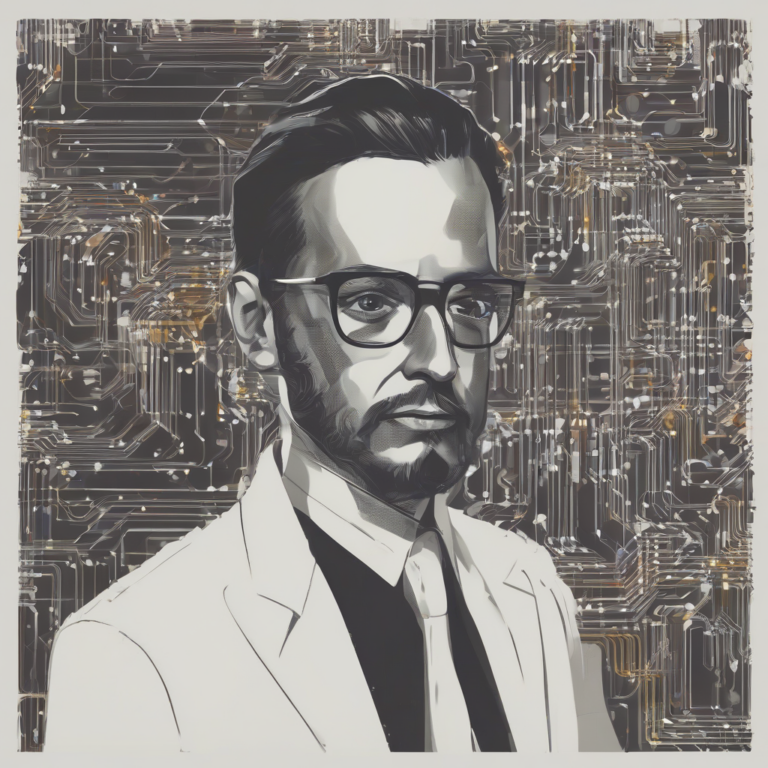Navigating the Degree Landscape for Aspiring Software Engineers: A Comprehensive Guide
Navigating the Degree Landscape for Aspiring Software Engineers: A Comprehensive Guide
The software engineering field is booming, attracting ambitious individuals with a passion for technology and problem-solving. Aspiring software engineers often find themselves questioning the optimal educational path, pondering the merits of various degrees and their impact on career trajectory. This comprehensive guide delves into the intricacies of degree options for software engineers, providing a detailed analysis to help you make an informed decision.
Understanding the Core Requirements
Before exploring specific degree paths, it’s crucial to understand the foundational skills and knowledge typically required for a successful software engineering career. These include:
- Programming Languages: Proficiency in at least one, and ideally several, programming languages is essential. Common languages include Java, Python, C++, C#, JavaScript, and others.
- Data Structures and Algorithms: A strong grasp of data structures (arrays, linked lists, trees, graphs) and algorithms (searching, sorting, dynamic programming) is critical for efficient and scalable software development.
- Databases: Understanding relational and NoSQL databases, including SQL and database design principles, is crucial for managing data in applications.
- Software Design Principles: Knowledge of software design patterns, object-oriented programming (OOP), and design methodologies (Agile, Waterfall) is essential for building robust and maintainable software.
- Operating Systems: Familiarity with operating systems (Windows, Linux, macOS) and their functionalities is important for deploying and managing applications.
- Computer Networks: A basic understanding of computer networks, including protocols (TCP/IP, HTTP) and network security, is beneficial for developing distributed applications.
Common Degree Options for Software Engineers
Several degree options can equip you with the necessary skills for a software engineering career. The most common include:
1. Bachelor of Science (BSc) in Computer Science (CS)
A BSc in Computer Science provides a comprehensive foundation in theoretical computer science, including algorithms, data structures, and computational theory. This degree is often considered the gold standard for software engineering, offering a rigorous curriculum that prepares graduates for a wide range of roles.
- Strengths: Strong theoretical foundation, wide range of career options, highly respected by employers.
- Weaknesses: Can be academically challenging, may require more time to specialize in specific software engineering areas.
2. Bachelor of Science (BSc) in Software Engineering (SE)
A BSc in Software Engineering focuses more directly on practical software development skills and methodologies. This degree emphasizes hands-on experience through projects and coursework centered around building and deploying software applications.
- Strengths: More practical focus, faster path to employment in specific software engineering roles.
- Weaknesses: May lack the theoretical depth of a Computer Science degree, potentially limiting career flexibility in certain research-oriented positions.
3. Bachelor of Science (BSc) in Information Technology (IT)
A BSc in Information Technology encompasses a broader range of topics, including software development, networking, databases, and cybersecurity. While not as focused on software engineering as the previous two, it provides a solid foundation in technology and can lead to various IT roles, including software engineering.
- Strengths: Broader skillset, versatility in career paths, good foundation for various IT roles.
- Weaknesses: May lack the depth of specialization in software engineering found in CS or SE degrees.
4. Associate Degree in Computer Science or Software Development
Associate degrees offer a faster and more focused path to entry-level software engineering positions. They often provide a strong foundation in programming and basic software development principles. These are frequently used as stepping stones to a bachelor’s degree.
- Strengths: Faster completion time, lower cost, quicker entry into the workforce.
- Weaknesses: May limit career advancement opportunities compared to bachelor’s degrees, potentially requiring further education.
5. Master of Science (MSc) in Software Engineering or related fields
A Master’s degree is often pursued after a bachelor’s degree to specialize in a particular area of software engineering or enhance existing skills. This is particularly valuable for those seeking advanced roles or research opportunities.
- Strengths: Advanced specialization, increased earning potential, improved career prospects in advanced roles.
- Weaknesses: Requires significant time and financial investment, may not be necessary for all software engineering careers.
Choosing the Right Degree: Factors to Consider
Selecting the appropriate degree requires careful consideration of several key factors:
- Career Goals: What specific area of software engineering are you interested in? Do you envision yourself working on embedded systems, web applications, mobile apps, or something else? Different degrees may better suit specific career paths.
- Learning Style: Are you more inclined towards theoretical concepts or practical application? A Computer Science degree might suit those who enjoy theoretical foundations, while a Software Engineering degree may better appeal to those who prefer hands-on development.
- Financial Resources: Consider the cost of tuition, fees, and living expenses associated with each degree option. Balancing cost with long-term career prospects is crucial.
- Time Commitment: How much time are you willing to dedicate to your education? Associate degrees offer a faster path, while bachelor’s and master’s degrees require a longer commitment.
- University Reputation and Resources: The reputation of the university and the resources available (labs, faculty, industry connections) can significantly impact your learning experience and career prospects.
Beyond the Degree: Building a Competitive Profile
While a degree provides a strong foundation, it’s not the sole determinant of success in software engineering. Complementing your education with these activities is highly beneficial:
- Personal Projects: Creating personal projects demonstrates initiative and showcases your skills to potential employers. Contribute to open-source projects or build your own applications to build your portfolio.
- Internships: Gaining real-world experience through internships is invaluable for building practical skills and establishing professional connections.
- Networking: Attend industry events, join professional organizations, and connect with professionals on platforms like LinkedIn to expand your network and learn from experienced engineers.
- Continuous Learning: The software engineering field is constantly evolving. Stay current with new technologies and trends by engaging in continuous learning through online courses, workshops, and self-study.
Conclusion (Placeholder – Omitted as per instructions)






